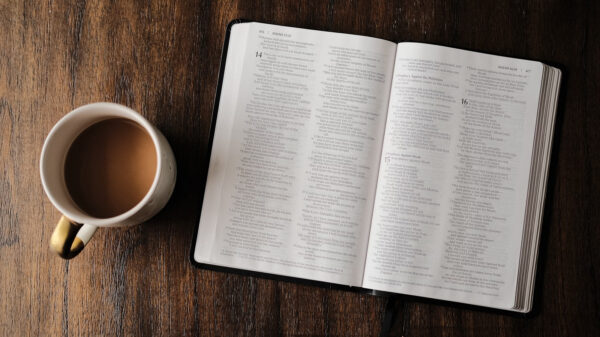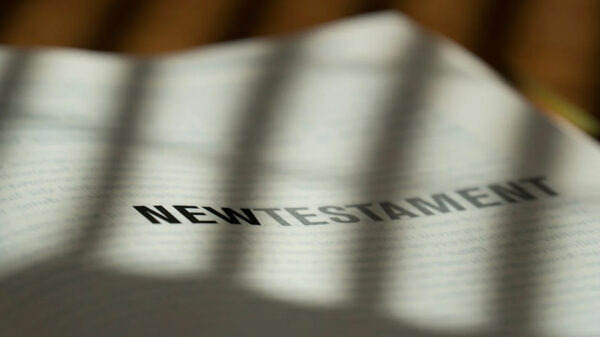
Response #1:
“I hear that a lot, can you show me what you’re talking about? How familiar are you with the Bible to begin with? Have you examined all the alleged ‘contradictions’? I’m happy to look at something with you, and if I don’t have an answer for you, I’ll do some research and get back to you. But, there’s a difference between a contradiction and a variation. Just because two people report something differently, it doesn’t necessarily mean there’s a true contradiction. When you and I return home and tell our family members about this conversation, I bet we’ll highlight different aspects of what was said. Those differences might appear to be contradictory, but they’re actually the kinds of variations we would expect when two people have varying interests and perspectives. Have you considered the fact that the Bible writers were real people who had personal interests and perspectives that may have shaped how they reported their observations?”
The Bible writers were real people who had personal interests and perspectives that may have shaped how they reported their observations. Share on X
OR
Response #2:
“I’m not sure why you would expect the Bible authors (like those who wrote the New Testament gospels), to report things in precisely the same way. Why wouldn’t there appear to be contradictions? This is the nature of all reliable eyewitness testimony. Witnesses to a crime (or other significant event) never seem to agree on details. That’s why detectives start by separating eyewitnesses as early as they can. They don’t want the witnesses to line up their stories and report the same thing. Detectives understand that there will appear to be differences in the witness accounts, but they know it’s their job to investigate the claims to understand why these differences exists – even when all the witnesses are accurately reporting the events. Have you ever thought about approaching the Bible authors in a similar way?”
Why wouldn’t there appear to be contradictions in the gospels? This is the nature of all reliable eyewitness testimony. Share on X


J. Warner Wallace is a Dateline featured Cold-Case Detective, Senior Fellow at the Colson Center for Christian Worldview, Adj. Professor of Christian Apologetics at Talbot School of Theology, Biola University, author of Cold-Case Christianity, God’s Crime Scene, and Forensic Faith, and creator of the Case Makers Academy for kids.
Subscribe to J. Warner’s Daily Email
J. Warner Wallace is a Dateline featured cold-case homicide detective, popular national speaker and best-selling author. He continues to consult on cold-case investigations while serving as a Senior Fellow at the Colson Center for Christian Worldview. He is also an Adj. Professor of Christian Apologetics at Talbot School of Theology, Biola University, and a faculty member at Summit Ministries. He holds a BA in Design (from CSULB), an MA in Architecture (from UCLA), and an MA in Theological Studies (from Gateway Seminary).




































